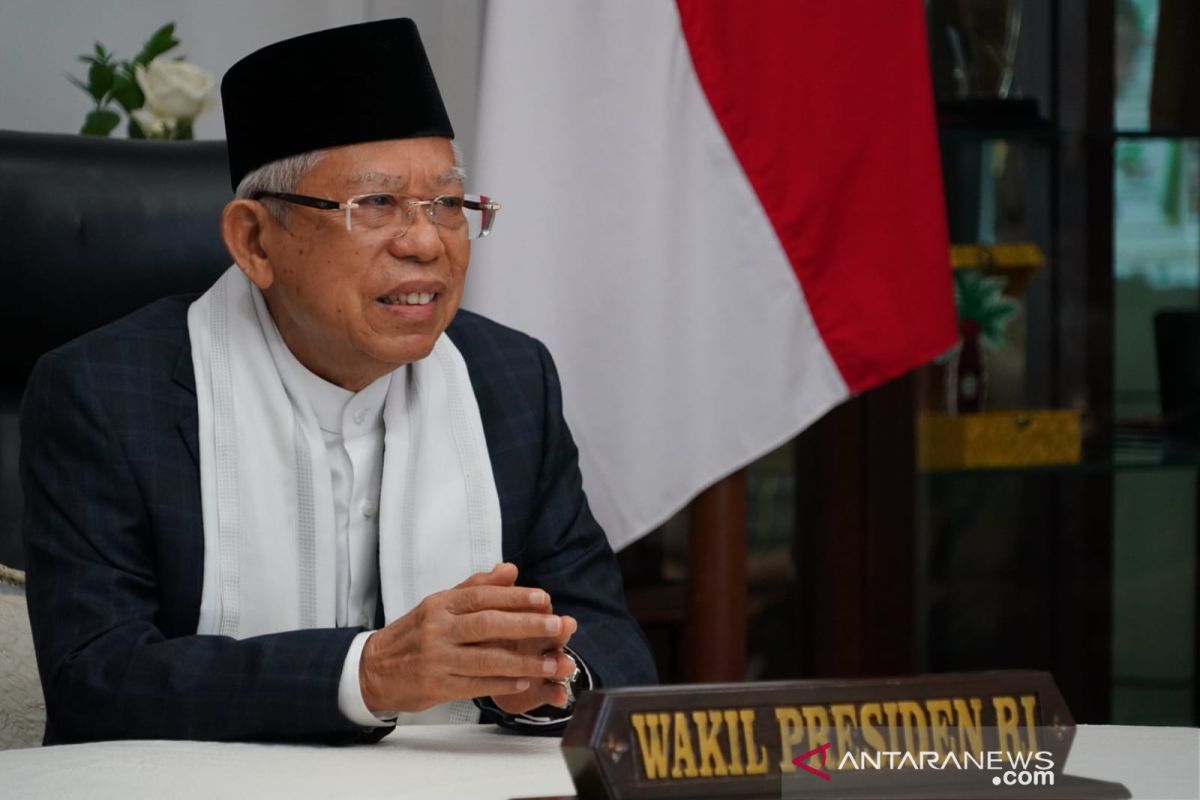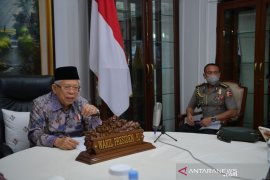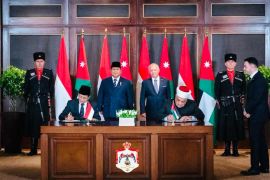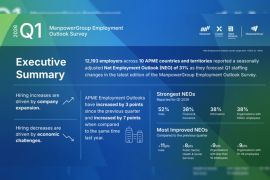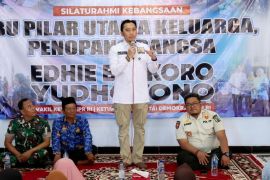"I hope that in the present era, waqf assets can be in the form of movable assets, such as shares, securities, sharia deposits, and even funds stored in waqf accounts," he said at the Islamic Economic, Business and Finance Conference, organized virtually by the Nahdlatul Ulama Islamic University, Central Java on Wednesday.
Waqf of fixed assets, such as land, is, indeed, better known among most Muslims because land is easy to maintain and does not experience a reduction in value, he noted.
However, in the midst of technological advancements and the digitalization of economic transactions, waqf can be carried out with movable assets as long as the basic assets are not reduced and the proceeds from their development are distributed, he suggested.
Waqf of movable assets may be carried out as long as the main conditions are met, namely they are professionally and competently managed by experts in the Islamic capital market, the Vice President said.
"The results of the development are channeled to people who receive waqf (mauquf 'alaih) for social purposes, according to the contract by the waqf giver," he added.
Related news: Micro Waqf Bank makes it easy for low-income people to do business: VP
Amin also urged the management of the National Sharia Economic and Finance Committee (KNEKS) and the Indonesian Waqf Board (BWI) to help ensure that waqf is not misused.
"The waqf funds are people's endowments, the principal amount of which should not be reduced but the benefits will continue to grow," he said.
Earlier, Finance Minister Sri Mulyani Indrawati had said the total cash waqf collected and deposited in banks as of December 20, 2020 stood at Rp328 billion.
Meanwhile, project-based waqf totaled Rp597 billion, she informed.
The practice of waqf has developed quite well in Indonesia, but it remains in the form of property waqf, more specifically donations of land and buildings, such as mosques, Islamic schools, Islamic boarding schools, and burial places for the benefit of the community, she noted.
The sharia social fund sector, comprising zakat (alms), sodaqoh (simple alms), infaq (disbursements), and waqf, its main component, has strategic potential to be developed, the minister said.
The Islamic social fund sector has vast potential to support efforts to overcome problems of development and poverty as well as boost the welfare of the community, Indrawati averred.
Related news: Cash waqf at banks totaled Rp328 billion until Dec: Minister
Related news: Expanding utilization of waqf assets
Translator: Fransiska, Azis Kurmala
Editor: Suharto
Copyright © ANTARA 2021
